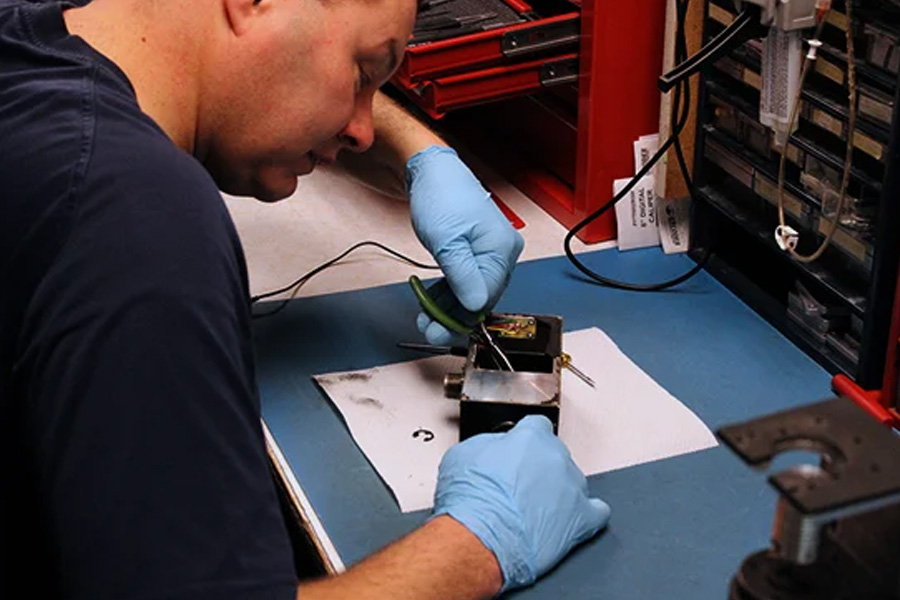The encoder’s great accuracy and dependability in motion control are its main benefits. In fields like automation and robotics, an encoder is crucial because it enables machines to move with remarkable accuracy. This accuracy lowers mistakes and boosts a system’s overall effectiveness.
Additionally, an encoder is robust and functions effectively even in challenging conditions. They give control systems crucial feedback, improving efficiency and lowering expenses. They are an important part of increasing system efficiency and dependability because of their long lifespan and affordability.
Extremely accurate motion control
For motion control systems to operate with great precision, encoders are essential. They are extensively utilized in sectors including automated assembly lines, robotics, and CNC machinery that demand precise movement and positioning. An encoder provides real-time feedback by translating mechanical motion into precise electrical signals, enabling control systems to make adjustments instantly and accurately.
In addition to increasing product quality, this motion control precision lowers the possibility of mistakes, which can result in expensive rework or downtime. An encoder contributes to the efficiency and dependability of operations by allowing systems to function within strict tolerances, particularly in high-stakes sectors like aerospace or medical device manufacturing.
Dependability in tough conditions
The encoder is perfect for sectors including heavy industrial, automotive, and aerospace because of its ability to function dependably even under challenging conditions. Machines are frequently subjected to harsh circumstances in these settings, including high temperatures, dampness, dust, and vibrations. An encoder is designed to endure severe circumstances while still performing accurately, especially magnetic or capacitive encoders.
Enhanced effectiveness with encoder feedback
The increased efficiency that an encoder provides to automation systems through real-time feedback is one of its main benefits. Continuous position, speed, and direction data are provided via an encoder, enabling machines to instantly adapt and maximize performance. This feedback loop, also known as a closed-loop system, makes sure that machines are always running as efficiently as possible.
Automation cost-effectiveness
Because an encoder increases accuracy and efficiency while decreasing maintenance expenses and downtime, it helps make automation systems more cost-effective. Errors are reduced by encoders, which lowers waste and rework in sectors like manufacturing where accuracy is essential. Significant time and material savings result from this.



